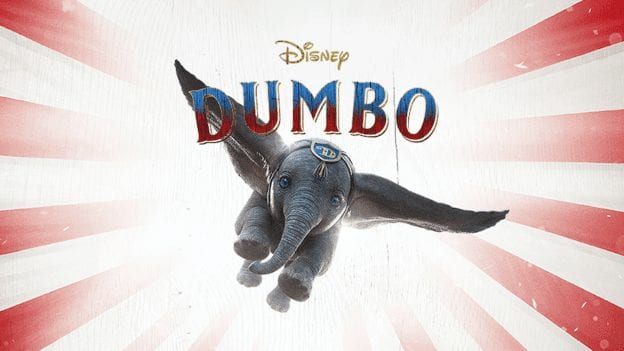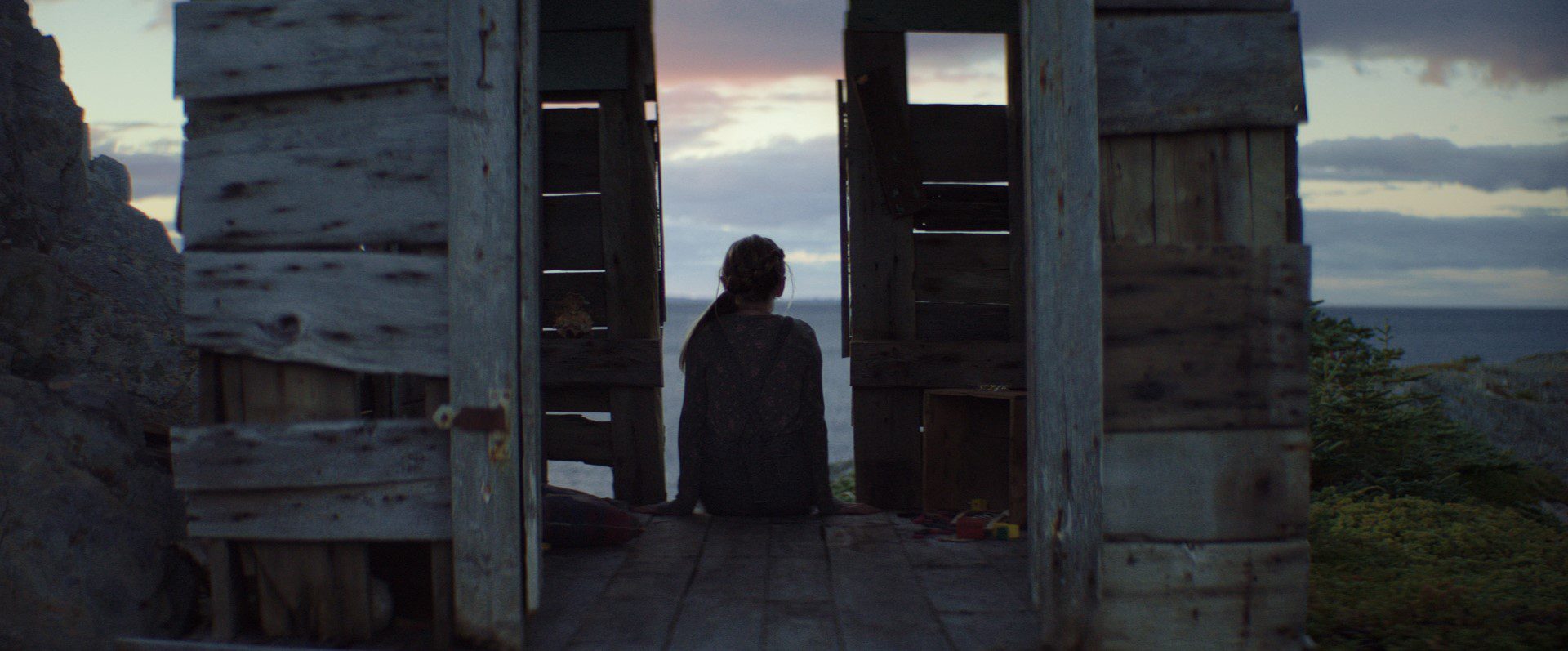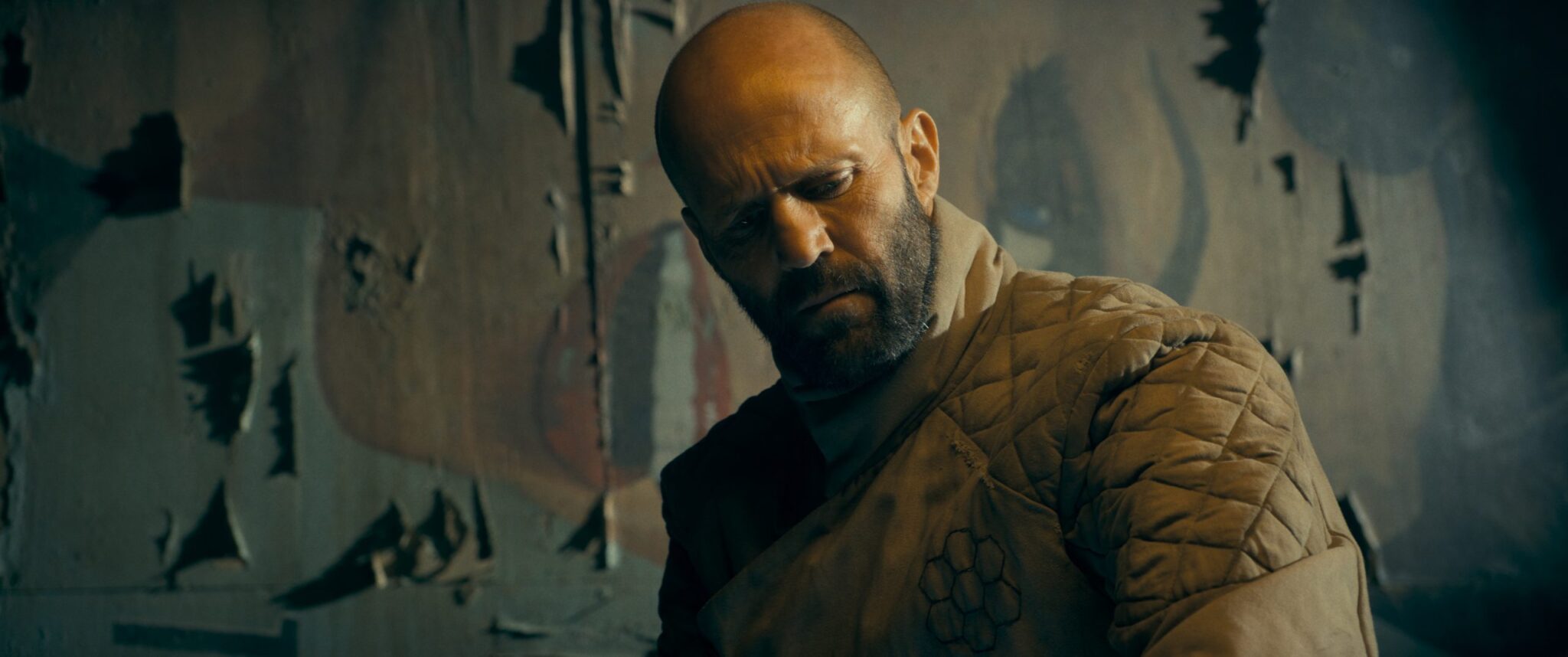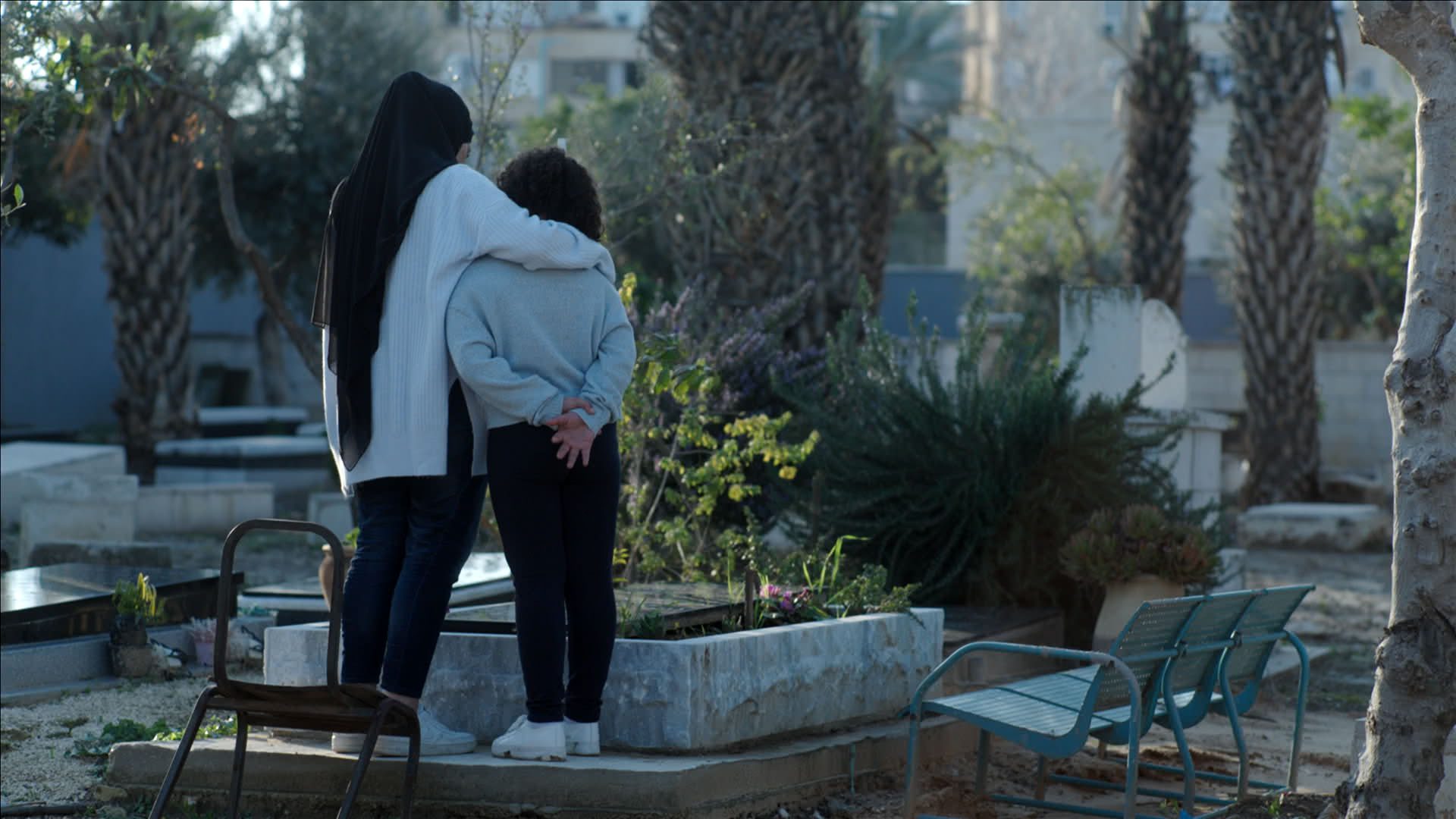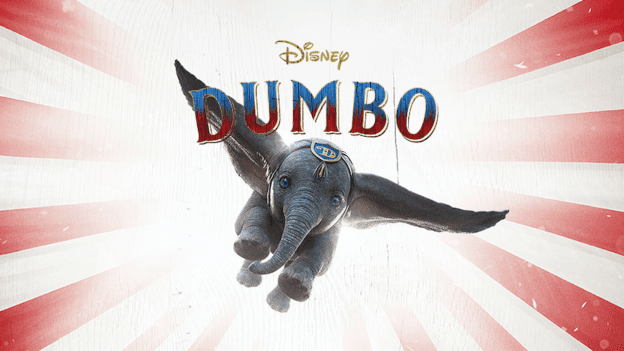 The filmmakers and actors from Disney?s upcoming live action Dumbo recently met with the press in a press conference format. This report is some gleanings from the two press conferences. The first included Grae Drake (Moderator), Derek Frey (Producer). Katterli Frauenfelder (Producer), Rick Heinrichs (Production Designer), Colleen Atwood (Costume Designer), Danny Elfman (Music by), Ehren Kruger (Screenplay & Producer), Justin Springer (Producer). The second session included Grae Drake (Moderator), Tim Burton (Director & Executive Producer), Colin Farrell (Holt Farrier), Nico Parker (Milly Farrier), Finley Hobbins (Joe Farrier), Eva Green (Colette Marchant), Danny DeVito (Max Medici), Michael Keaton (V. A. Vandevere).
The filmmakers and actors from Disney?s upcoming live action Dumbo recently met with the press in a press conference format. This report is some gleanings from the two press conferences. The first included Grae Drake (Moderator), Derek Frey (Producer). Katterli Frauenfelder (Producer), Rick Heinrichs (Production Designer), Colleen Atwood (Costume Designer), Danny Elfman (Music by), Ehren Kruger (Screenplay & Producer), Justin Springer (Producer). The second session included Grae Drake (Moderator), Tim Burton (Director & Executive Producer), Colin Farrell (Holt Farrier), Nico Parker (Milly Farrier), Finley Hobbins (Joe Farrier), Eva Green (Colette Marchant), Danny DeVito (Max Medici), Michael Keaton (V. A. Vandevere).
Among the questions dealt with in a variety of ways: why do a retelling of the classic Disney animated film now?
DEREK FREY: In terms of the time, so much time has gone by since the original. And it?s a simple story. It?s a beautiful story. And I think a lot of the themes in the story that Ehren created, they?re universal things. It?s about family. It?s about believing in yourself. It?s about overcoming judgment and people looking at you in a certain way. Dumbo is kind of a bullied character. I know that?s something that we?re dealing with socially right now.
TIM BURTON: I just liked, it was just the idea of it. The idea of a flying elephant and the character that doesn?t quite fit into the world and how somebody with a disadvantage makes it an advantage. So it just felt very close to the way I felt about things. It was just a very pure simple image. Like all the old Disney fables had that kind of simple symbolism for real emotions.
In a somewhat related question, the second panel was asked similarities between Dumbo and his mother and the situation of children separated from parents at the border with Mexico.
TIM BURTON:? I think any family situation, but every family is different. I?m different. For me, I wish I had been separated from my parents. But that?s a different story. [Laughter]. But you know, most people would go yeah. You don?t want to separate anybody from your parents. Except me. But that?s fine. So I don?t think about. I think about things more in a spiritual simple way. There is news. I listen to the news and everything. But I always take things from a more like, I try to anyway, a human point of view that way. And because it?s like a fable. And all great fables tap into things that are true about today in human nature and other things. But it?s not literal. And all these people, it?s a period movie, it?s a fable. It touches on all of these things. But we try not to make it like ripped from today?s headlines, you know.
DANNY DEVITO:? The movie was made in 1941. And in 1941, if you remember the movie, 63 minute Disney movie masterpiece from that era, the baby was separated from his mom. So I don?t think it has anything to do with this unfortunate, horrifying thing that?s going on in our current news.
MICHAEL KEATON:? Two separate things. But I?m just going to say this. Thanks for bringing it up. Keep it in the consciousness. Because it?s criminal, it?s cruel, and I don?t think it borders on child abuse. I think it does. It is. [Applause].
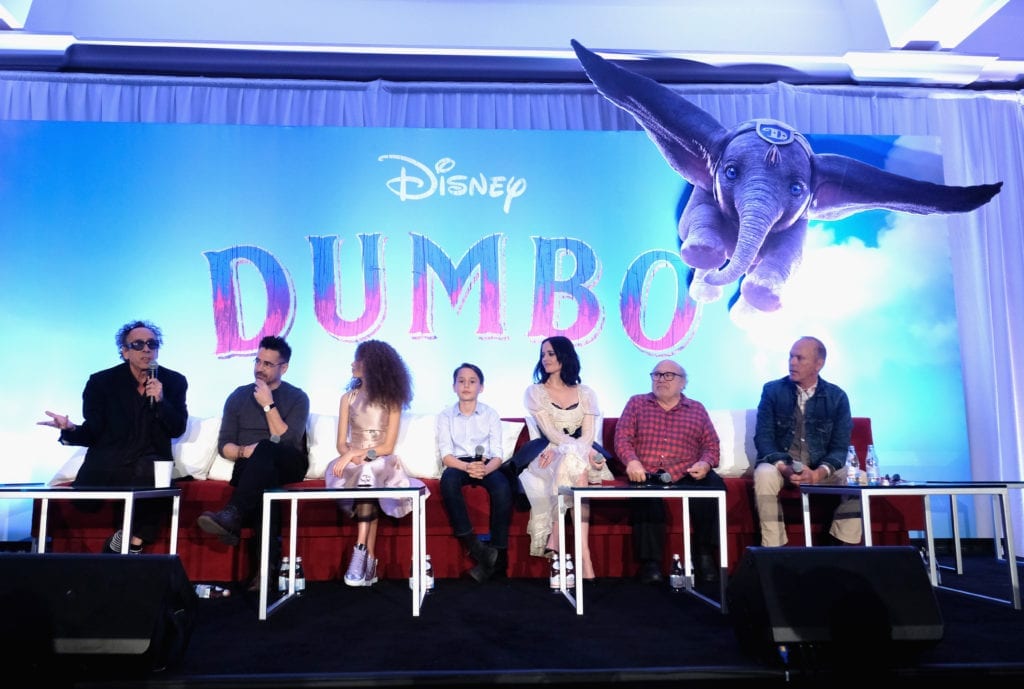
There were also some questions about the changes made to the story, what was kept, and what was added.
EHREN KRUGER:? Yeah. I wanted to be a part of this movie for I think the same reasons that I hope an audience wants to see the movie that for me is a very personal experience of wish fulfillment. Dumbo is not just a Disney character. He?s a mythological character. And I wish he were real. I wish I could have been in the audience of that circus in the golden age of the circus and observe his story. And then to take the next step, not just observe his story, but imagine what it?s like to be Dumbo. And that leads you to a place where you say what would Dumbo want and is the end of the 1941 film truly a satisfying end for Dumbo of that story? And so that just organically led to expanding the story past where the animated film ends.
We made the decision that we wanted to transport an audience to a circus world, to Dumbo?s circus world. And they go and enter the circus. And that meant that it needed to feel real. So early on, we made a decision to not feature talking animals. And that the most important characters in the animated film, Dumbo, doesn?t speak. Mrs. Jumbo I think has one or two lines and that?s it. So that felt organic to the story to let Dumbo be a classic Charlie Chaplin Buster Keaton-esque expressive silent film performer. And make the circus around him feel real. So there are moments when we thought well, wouldn?t it be nice to have Timothy Q Mouse talk? He?s so cute. And we just don?t want to break the spell of where we were asking the audience to go to time travel with us to.
TIM BURTON:? I just like the fact that it?s obviously a very simple fable, very simple story. And it?s heart, about family. And what I liked about it was the human parallel story. This character Holy who comes back from a war. He doesn?t have an arm. He doesn?t have a wife. He doesn?t have a job. Doesn?t have a you know. He?s trying to find his place in the world. And all of the characters actually are in that way. Nico?s character. They wanted to be something. She wants to be something else. Every character in it. Eva is not… everybody is trying to find their place in the world. Like Dumbo. And using disadvantage to advantage. So lots of nice themes. But in a very simple framework.
There was also discussion of incorporating various images and ideas from the original film.
EHREN KRUGER:? Yeah. I just thought about things that I associated so strongly with the story. Pink Elephants, Casey Jr., Firefighting Clowns. And these were all things without going back and watching the 1941 film.
DANNY ELFMAN:? We all have firefighting clowns in our past somewhere. If we look at our own lives. I find.
EHREN KRUGER:? In your band. Yes. Yes. You had firefighting clowns. Just the things that I remember. It?s kind of like Danny talks about. Zeitgeist memories or things in the back of your head. I remember that moment. I remember that image. And of course, in writing the film, I went back and revisited the animated movie a number of times. But I really tried to get to that place of what are the core things that I associate with this? What are the simple things I associate with this story? And those have to be there?
JUSTIN SPRINGER:? Yeah. I think that kind of covers it. It?s not as if you sit down and make a list of all the things that we feel like we?re beholden to include. It?s really just you start from your own fandom and your own respect from the original and you just start to derive a story out of the stuff that feels like it?s in the essence of the movie. And those can be set pieces or visual imagery or fun little Easter eggs even or ways that music might eventually get used if you just put it on the page now and there?s lots of people who will take those ideas that are on the page and turn it into beautiful sets or costumes or music. Those things. But also just in the story, what?s in the DNA of that core story that feels like it?s allowed it to have this lasting impact for 80 years. If you have that foundation, then you can take the story in all sorts of directions. We can expand out and tell a broader human story. We can see where Dumbo goes after, he flies and what the impact on the world ultimately becomes. But it all kind of comes back to what are those original elements both visual but also in the story and then the themes that feel like are core to the original movie.
EHREN KRUGER:? And really quickly. I like to feel like you can, like these movies run on parallel train tracks. So that you can imagine that Dumbo?s conversations with Timothy Mouse are happening off screen in between scenes of this movie. Just wanted to honor the original.
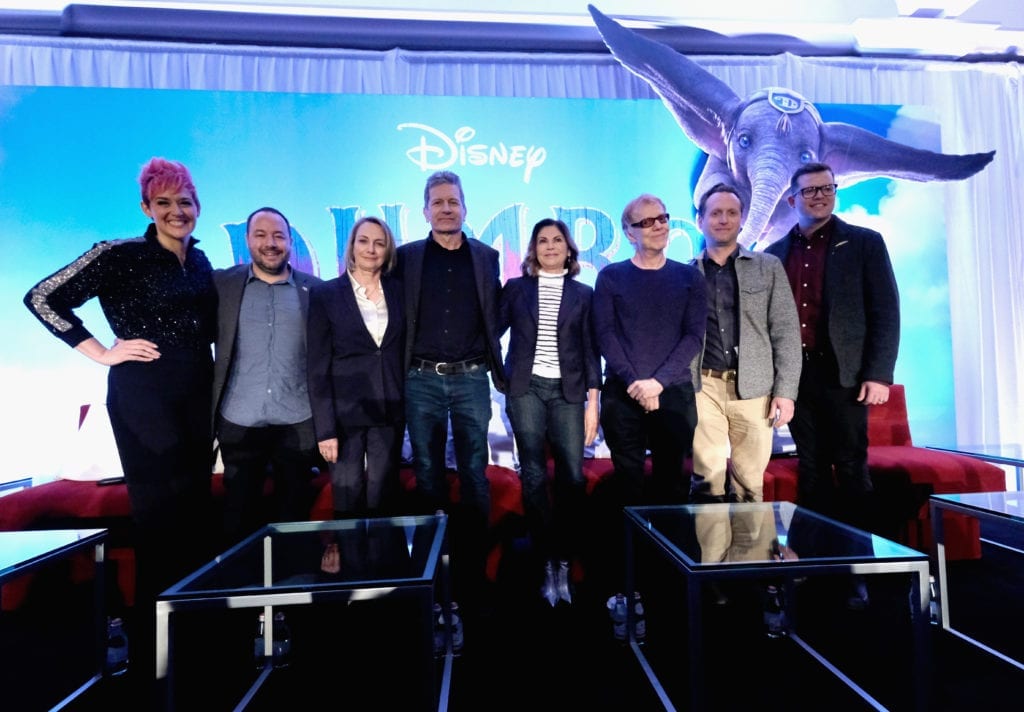
A question was brought up about what they wanted children to take away from this film.
COLIN FARRELL:? The same thing adults take away from the importance of not just accepting the inherent difference that people have from each other in relation to each other but celebrating it. I think just as Tim was saying, there are simple messages that are very complex it seems to live in as we go through our lives. And those messages are messages of kindness and inclusion and all those kind of things. So that will be cool. Or else if they?re just entertained for a couple of hours and take that as well.
TIM BURTON:? But also with just like the Disney movies. For me, the reason I wanted to do it was like the old Disney movies had all these elements. They had joy. They had humor. They had… [Laughter.] Okay. Let?s go nine rounds. So what was I talking about?
GRAE DRAKE:? Joy.
TIM BURTON:? Well, death. You know. Everything. Stuff that are taboo subjects.
COLIN FARRELL:? You skipped so deftly from joy and humor to death.
TIM BURTON:? Did I emphasize that one too much?
GRAE DRAKE:? Two sides of the same coin.
TIM BURTON:? But we always had the mixture of those things. So like Colin was just saying. We tried to present these things without overdoing it. And in a fable like way. But then let it present itself and not just sort of dictate it and just show these people for what they?re going through and who they are.

